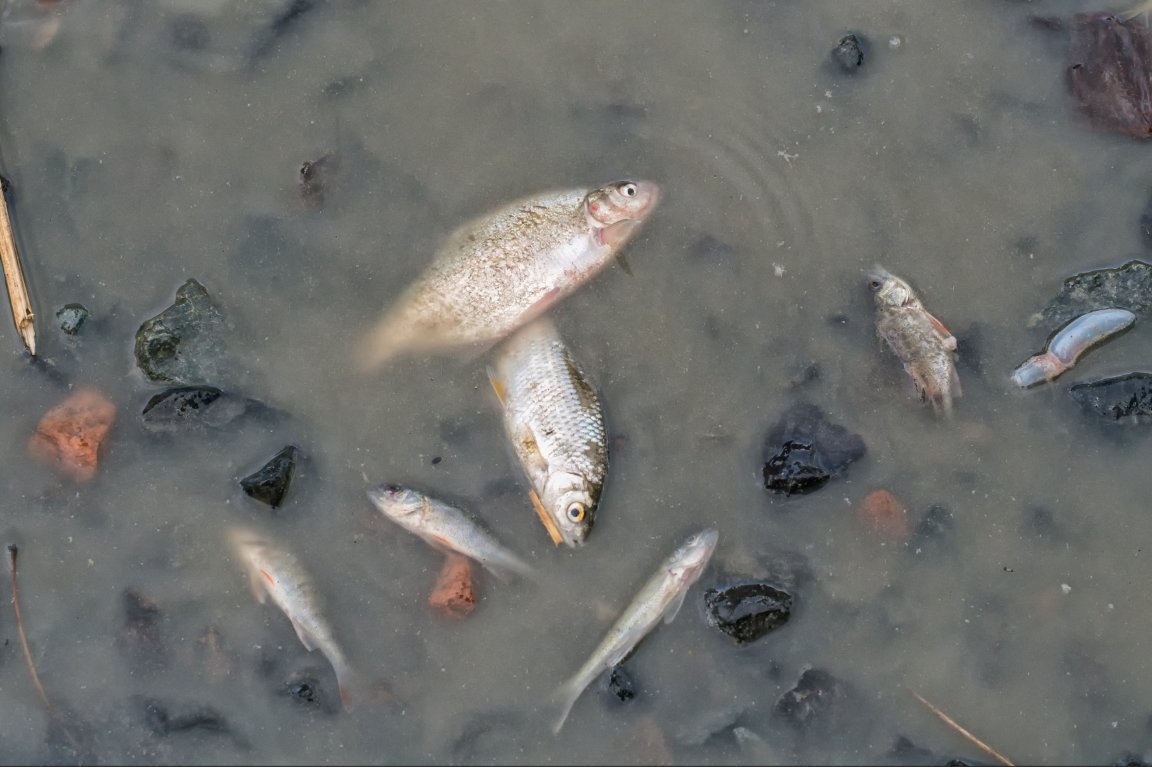
A Devastating Consequence
Seemingly every day, new evidence of climate change’s devastating impact on our planet emerges. The latest sounds like something out of a horror movie: creatures are literally dissolving right before our eyes.
Scientists from the University of California, Davis (UC Davis) just published research in the journal Proceedings of the Royal Society B: Biological Sciences detailing their study of bryozoa, a class of invertebrate organisms also referred to as moss animals. They found that exposure to more acidic waters after being raised in warmer waters caused large sections of the animals to simply dissolve.
“We thought there would be some thinning or reduced mass,” said the study’s lead author Dan Swezey in a news release. “But whole features just dissolved practically before our eyes.”
A Planet Under Attack
Unfortunately, this wasn’t some “what if?” undertaking. The conditions created as part of the study accurately mimic those currently found in the creatures’ natural habitat off the Californian coast. The increase of carbon in our atmosphere due to the burning of fossil fuels is being absorbed by the ocean, increasing its acidity, and animals like the bryozoa can’t survive in these new environments.
The bryozoa aren’t the only creatures feeling the impact of man-made climate change — it’s affecting all corners of the world. Mammals are going extinct, the ice caps are melting past the point of no return, and people are dying from environmental pollution. After three consecutive record-breaking years, 2017 is poised to be the hottest year in recorded history, a sign that we continue to move in the wrong direction.
Thankfully, many world leaders are not content to sit by and do nothing. In 2015, 196 nations made a commitment to cut emissions as part of The Paris Agreement, and cities across the globe are doing their part to meet new standards. Private institutions are investing in a sustainable future as well, with companies like Tesla promoting the use of electric vehicles and solar power.
Though the situation is dire, it’s not too late to undo some of the damage we’ve done. We owe it not only to future generations, but also to the many creatures that share this planet with us right now.